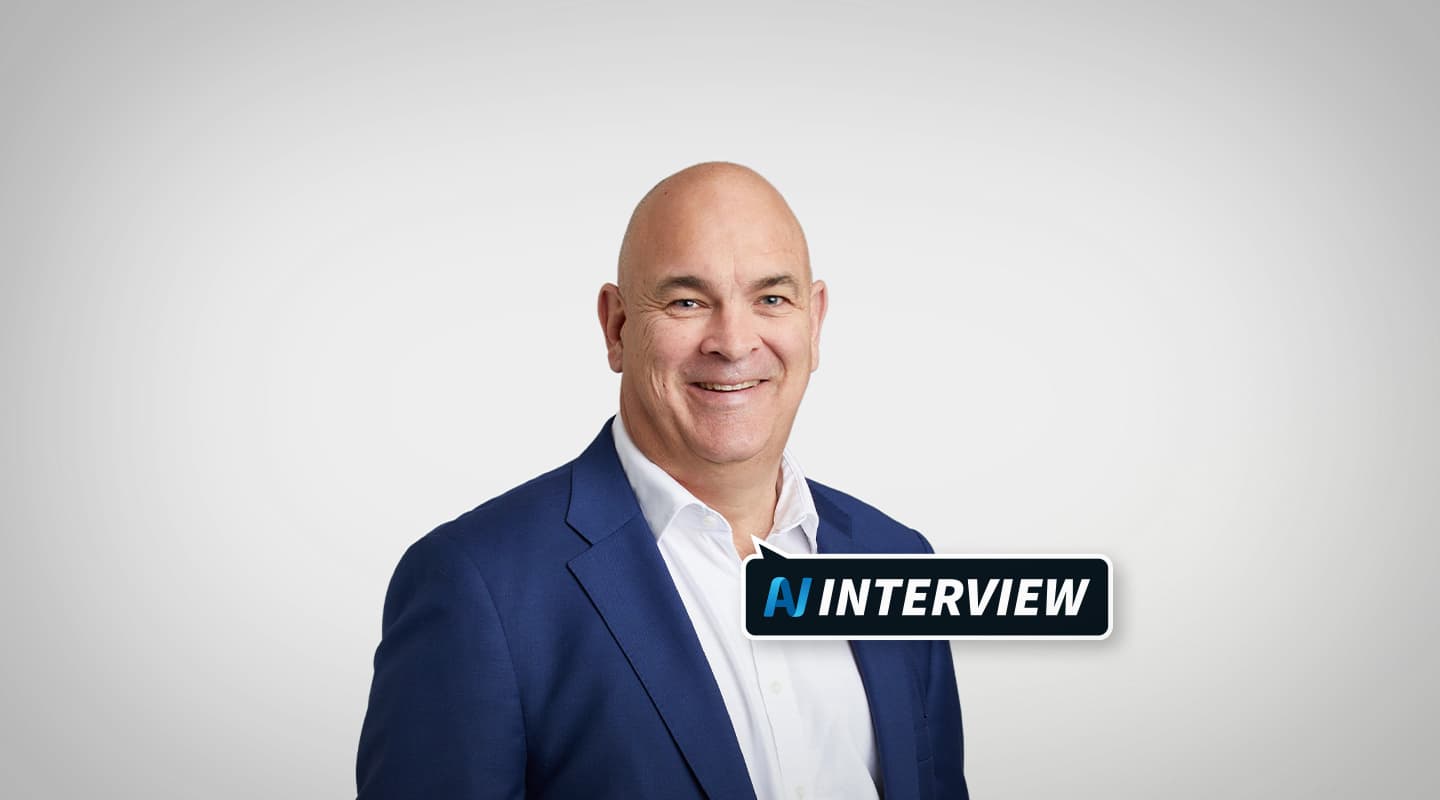
AV Interview: James Berry, Diversified
Last year we caught up with Diversified’s APAC Managing Director, James Berry, when he was fresh in the role. A year on, how’s the business tracking in systems integration land?
AV.technology: James, when we last spoke, you were about nine months into the job. At the time, you emphasised Diversified Australia’s place in the wider Asia Pacific market. Is that still a key priority?
James Berry: Yes, it’s still very much a key agenda item for us, both in terms of integrating Australia with the rest of Asia, but also connecting the whole of Asia, including Australia, with the US and EMEA. There’s so much value in that, and it goes both ways.
We’ve quadrupled the amount of business we’re getting from the US landing in Asia. That’s because we can demonstrate the value proposition: quality, ease of doing business, and best-in-class pricing. Particularly with equipment – we can land kit into any centre in Asia thanks to our buying power and supplier relationships. It’s unparalleled, really difficult for others to replicate. So yes, regional integration is still core, but you have to work at it every day until it becomes second nature.
AV.technology: Can you give me an example of a US client successfully engaging with your Asia Pac teams?
James Berry: Absolutely. Stripe, the international payments company, is a great example. We’re their key AV integration partner in the US. They reached out about projects in India and Australia. We’ve successfully delivered two major projects for them in India in 2024 and 2025, and we’ve just started on their Sydney office refit. They couldn’t be happier. Their India projects are set to increase tenfold next year, and we’re in a great position to deliver.
Meta is another. We do a lot with them in the US. They asked us to partner on a major studio build in Singapore. That was completed two months ago, and we’re now about to replicate that build in Sydney. The clients love that we can deliver the same look, feel, and experience they get in San Francisco, in Singapore, in Sydney, and beyond.
AV.technology: When you put a project team together, are you aiming to create a roaming regional ‘SWAT team’ or do you take a different approach?
James Berry: With today’s virtual capabilities, you don’t need as much physical presence through every stage of a project. You just need it at key points.
For example, if we’re delivering in India for a large UK client, we’ll bring out the commissioning agent who’s done their European sites. They ensure the commissioning matches what the client sees in London, Paris, or Frankfurt. But thanks to video calls, they’re already virtually involved daily during the build. By the time commissioning happens, it’s exactly what the client expects.
We also have regional expertise. Australia, for example, has some of the best Q-SYS programmers in the whole group. They’re supporting projects across Asia, sometimes remotely, sometimes checking partner work on the ground. We’ll send people to do quality control at the end of a job to make sure it’s delivered to spec. So no, it’s not about a roaming ‘dream team’, it’s about using virtual collaboration, local expertise, and partners selectively.
AV.technology: Looking at physical deployment of staff, what do you need in branch offices, and what can be consolidated regionally?
James Berry: Better planning and engineering can be done centrally. A stitch in time saves nine. If you send a PM to site with the right drawings and plans, they’ll be effective from day one. That wasn’t always the case a couple of years ago. Now, with stronger design and planning upfront, local PMs and technicians can focus on what has to be done on site.
We’ve also worked hard to lift our partner network. Rather than asking one partner to do everything, we’re more selective. We’ll use a cabling partner for cabling, and a specialist for high-end video screen setups. That way we’re playing to strengths and de-risking projects.
AV.technology: How would you characterise the past 12 months for Diversified in Australia?
James Berry: 2025 has been a good, solid year. 2024 brought a lot of headwinds and global structural changes we had to adapt to. We rode that and this year has been solid. Not spectacular, not stellar but a solid year of hard work.
AV.technology: And the commercial market in Australia, how do you see it?
James Berry: It’s tough. Globally, it’s very much ‘watch, wait, see’. Many corporates are reluctant to invest in non-essential infrastructure until they understand where the economy’s heading, particularly into Q4 this year and next year. The ‘big R’ word is being used.
Tariff-led policies in the US have impacts everywhere. If corporates are spending big money on new manufacturing capacity, they’re less likely to invest in a new HQ in Sydney. That said, there are still good clients making necessary investments, and we’re happy to partner with them. But others are holding back.
AV.technology: Post-covid, work from home was the AV industry’s best friend. Has that shifted?
James Berry: It varies by region. Perth, South Australia, Brisbane didn’t see as much impact as Victoria and New South Wales. In NSW and Victoria, there’s still uncertainty about the balance between working from home and the office. Clients are making different decisions about that.
You can’t force people back to the office if productivity is the goal. Different clients are solving it in different ways, and there isn’t one answer.
AV.technology: And all the while, expensive CBD real estate is sitting in the middle of this uncertainty. How are corporates responding?
James Berry: Whether they’re reducing or expanding their estates, corporates still need to stay competitive in the battle for talent. They need to keep spaces productive, flexible, and attractive. Common and collaborative spaces are particularly important.
We’re seeing huge changes in collaboration spaces, especially with the advent of AI technologies. It’s seriously cool – some of the deployments we’re doing for clients are transformative.
AV.technology: Finally, tell us about the new Melbourne office.
James Berry: The company started 42-43 years ago. We’d been in Heidelberg Road for about 15 years, which was significant as the birthplace of Rutledge Engineering and then Diversified as a national player. But it was old and tired.
We’ve now moved to 98a Bell Street, Preston. It’s modern, has room for growth, and includes a warehouse that centralises a lot of equipment for Melbourne. That can also service South Australia, ACT, and even NSW and Queensland. It’s fantastic – really exciting. We moved in July, and it’s going to be our home for many years to come.
Diversified: onediversified.com

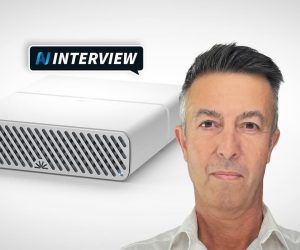
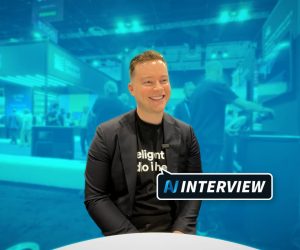
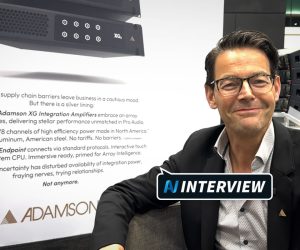
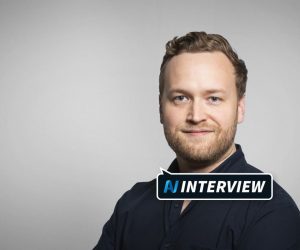
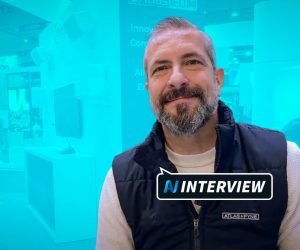
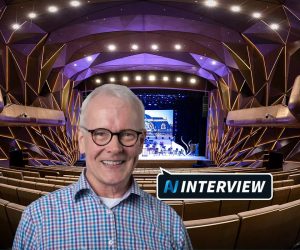
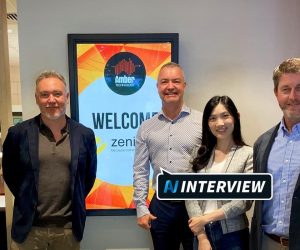
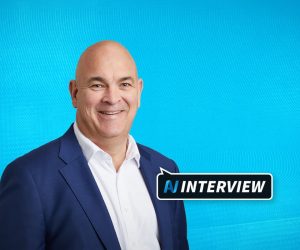
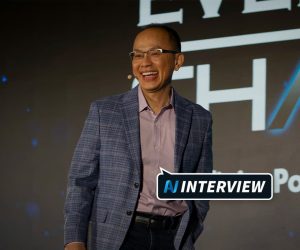
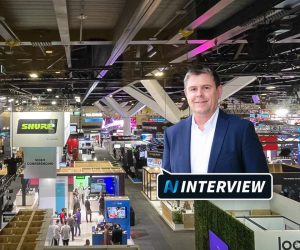
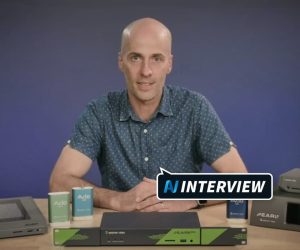
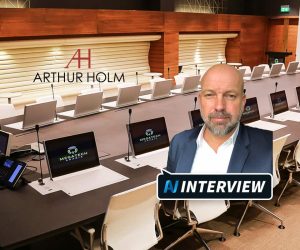
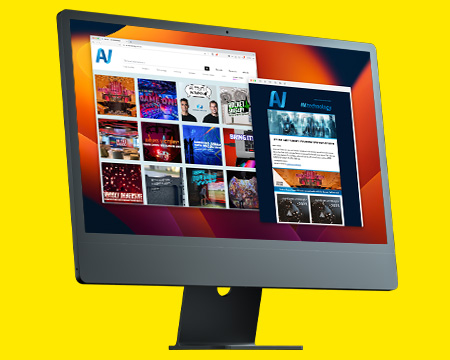

RESPONSES